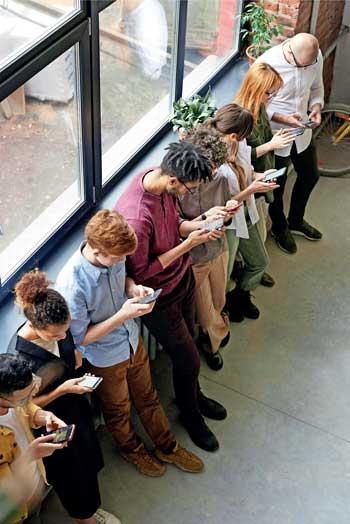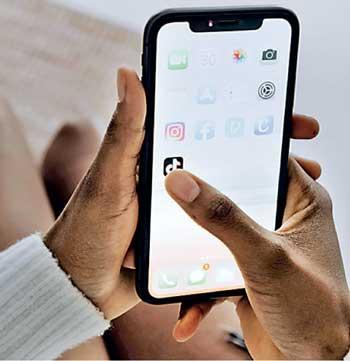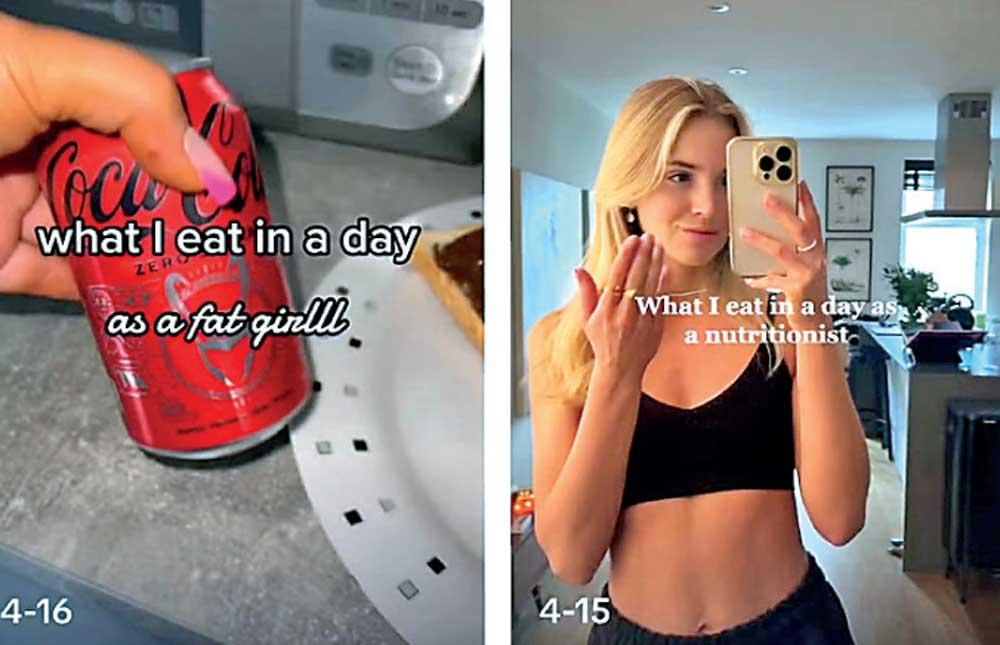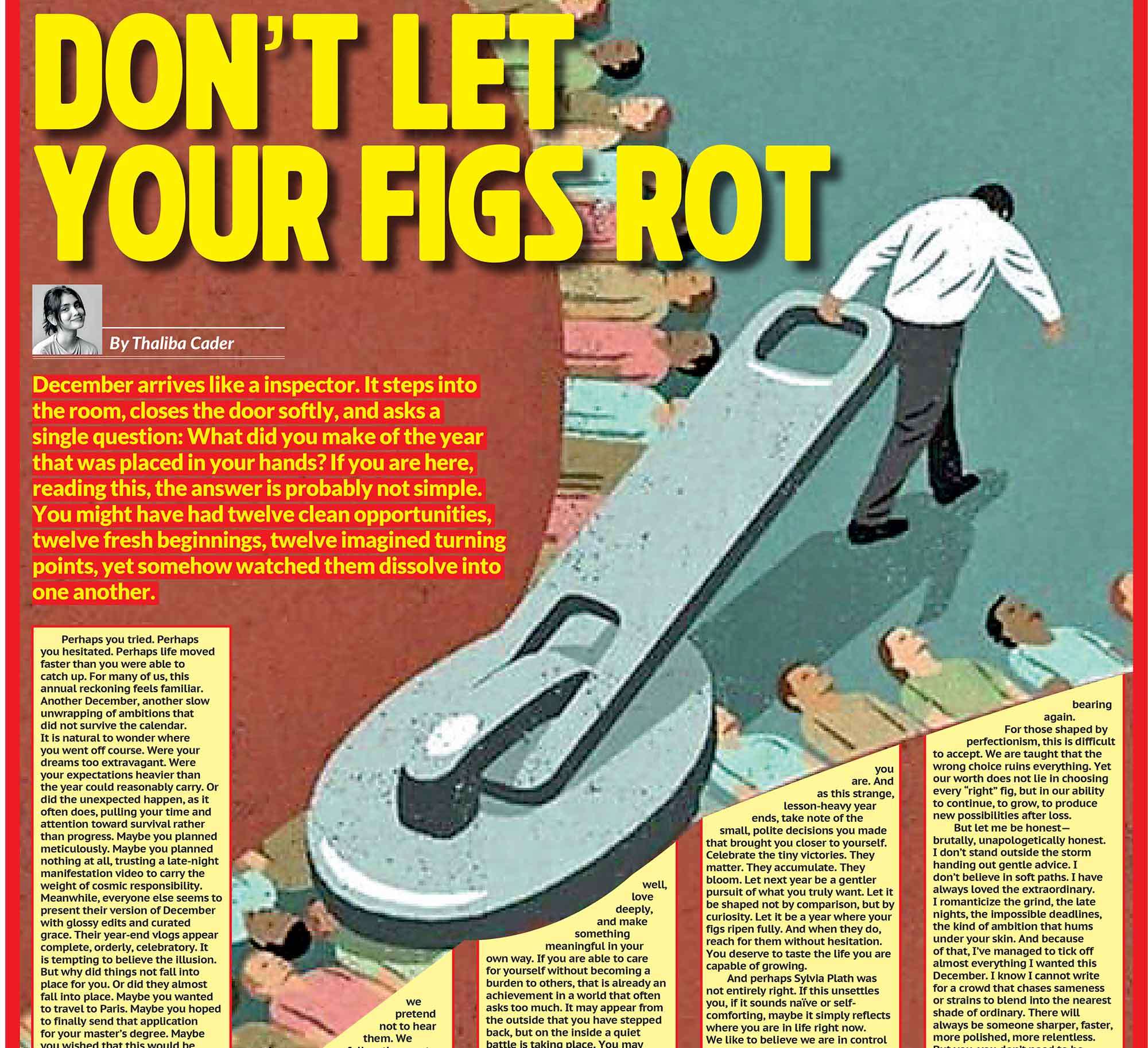 In today’s digital age, social media platforms like Instagram, TikTok and YouTube have become part of our everyday lives. We scroll, we double-tap, we share. But what many don’t realise is the subtle and sometimes not-so-subtle impact that these platforms can have on how we see ourselves. One of the most pressing issues? Body image. Social media can be a place for connection and creativity, but it can also be a breeding ground for comparison, unrealistic beauty standards, and in some cases, disordered eating. As we absorb carefully curated images, “what I eat in a day” videos, and weight loss transformations, it’s easy to fall into the trap of believing that there’s one “ideal” way to look and that anything less than that ideal isn’t good enough.
In today’s digital age, social media platforms like Instagram, TikTok and YouTube have become part of our everyday lives. We scroll, we double-tap, we share. But what many don’t realise is the subtle and sometimes not-so-subtle impact that these platforms can have on how we see ourselves. One of the most pressing issues? Body image. Social media can be a place for connection and creativity, but it can also be a breeding ground for comparison, unrealistic beauty standards, and in some cases, disordered eating. As we absorb carefully curated images, “what I eat in a day” videos, and weight loss transformations, it’s easy to fall into the trap of believing that there’s one “ideal” way to look and that anything less than that ideal isn’t good enough.
01.What is Negative Body Image?
Negative body image, or body dissatisfaction, occurs when we perceive our body in a way that is different from reality, often harsher, more critical, and filled with self-judgement. This dissatisfaction can stem from comparing ourselves to others, especially those we see on social media. We live in a culture that often equates thinness with health, success and happiness. But the truth is, not everyone is meant to look the same. Genetic make-up, bone structure, ethnicity, and cultural background all play a role in determining our natural body shape and size. Yet, when social media is saturated with edited images of people who appear to have “perfect” bodies, we begin to doubt our own worth. Over time, this can chip away at self-esteem, trigger anxiety, and lower body confidenced, leading many down a slippery slope of dieting, restriction, and obsession with appearance.
02.Disordered Eating in the Age of Instagram
One of the most concerning outcomes of poor body image is its link to disordered eating. Unlike clinical eating disorders (like anorexia or bulimia), disordered eating refers to irregular or unhealthy eating behaviours that may not meet diagnostic criteria but are still harmful. Many people start dieting not out of a desire to nourish themselves or improve their health, but because they are dissatisfied with how they look. This dieting is often driven by a desire to conform to the beauty standards promoted online, not based on evidence-based nutritional guidance. Repeated dieting or "yo-yo dieting" where weight is lost and regained multiple times can be particularly harmful. It places stress on the body, disrupts metabolism, and may even increase the risk of long-term health issues. Worse still, it can create an unhealthy relationship with food, where guilt, fear and shame become part of every meal.
03.What Social Media Is Really Showing Us
 Recent analysis of the top 10 most-viewed videos across hashtags like #weightloss, #bodypositivity, #whatieatinaday, #nutrition, #diet, and #mealprep, each with billions of views reveals some alarming trends. The dominant themes? Idealising thinness, celebrating weight loss, and very few expert voices in sight. While some of these hashtags may sound inclusive or health-focused, the content often promotes weight-normative thinking: the belief that thin = healthy. These messages reinforce the idea that our worth is tied to our weight, and that success or happiness comes from achieving a certain body shape.
Recent analysis of the top 10 most-viewed videos across hashtags like #weightloss, #bodypositivity, #whatieatinaday, #nutrition, #diet, and #mealprep, each with billions of views reveals some alarming trends. The dominant themes? Idealising thinness, celebrating weight loss, and very few expert voices in sight. While some of these hashtags may sound inclusive or health-focused, the content often promotes weight-normative thinking: the belief that thin = healthy. These messages reinforce the idea that our worth is tied to our weight, and that success or happiness comes from achieving a certain body shape.
You’ll often find influencers showcasing their meals, workouts, and “body updates” but what you don’t see is the reality behind those posts. The lighting, angles, editing apps, and filters used to create a more flattering image. Or the restriction, over-exercising, or even distress they may be experiencing behind the scenes. When people only share the highlights, the lean meals, the gym selfies, the before-and-after shots we’re left with a skewed view of what health and happiness really look like.
04.The Rise of Orthorexia
Another worrying trend is the rise of orthorexia - an unhealthy obsession with eating only “pure” or “clean” foods. While eating nourishing food is a positive goal, orthorexia takes it to an extreme. Foods that are perceived as “bad” or “unclean” are avoided, often to the point of social isolation, anxiety, or guilt. Many social media influencers unknowingly promote orthorexic behaviours by glorifying strict diets, detoxes, or extreme food rules. The message is clear: to be healthy, you must avoid processed foods, carbs, sugars, or anything not deemed “clean”. But this kind of thinking creates fear around food and leads to self-punishment, rather than self-care.
05.It’s OK Not to Look Like Them
This constant exposure to unrealistic standards can leave us feeling like we’re falling short that we’re not good enough, thin enough, or disciplined enough. But here’s something important to remember: “Even if everyone started eating the same things and did the same amount of exercise for a whole year, we would not all look the same at the end of the year.” Why? Because bodies are diverse. Our biology, environment, hormones, lifestyle and culture all influence how we look and how we respond to food and exercise. There is no one-size-fits-all when it comes to health or nutrition. What works for someone on Instagram may not work for you. And that’s okay.
06.What You Can Do to Protect Your Mental and Physical Health












